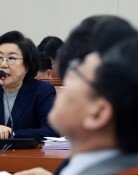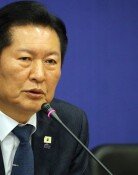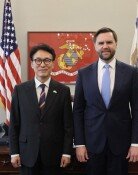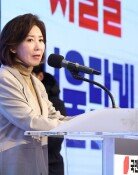USFK Commander signals broader Indo-Pacific security role
USFK Commander signals broader Indo-Pacific security role
Posted May. 29, 2025 07:32,
Updated May. 29, 2025 07:32
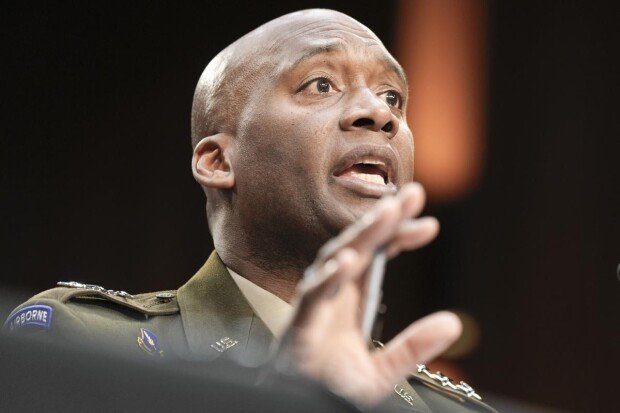
Gen. Xavier Brunson, commander of U.S. Forces Korea (USFK), suggested a possible shift in the strategic role of American troops stationed in South Korea, stressing their importance in maintaining U.S. “strategic flexibility” across the Indo-Pacific region—a capability he called “absolutely necessary.”
While Brunson firmly denied any plans to reduce troop levels, his remarks are being seen as a signal that USFK’s mission may expand beyond its traditional role of deterring North Korea to supporting broader regional security objectives. These could include contingencies involving China, Russia, and rising tensions in the Taiwan Strait.
Speaking during a virtual seminar hosted by the Institute for Corean-American Studies on Wednesday, Brunson said, “Strategic flexibility is what everyone pursues. We must be able to deploy our forces outside of South Korea to ensure ‘peace through strength.’” The phrase has been closely linked to U.S. President Donald Trump’s national security posture.
Although Brunson dismissed reports of a potential 4,500-troop reduction from the current 28,500 personnel, he acknowledged that structural discussions have taken place over time. “Nobody has told me anything about such reductions,” he said. “But there has always been discussion on changing the force.”
Shin Beom-chul, former vice minister at South Korea’s Ministry of National Defense, said Brunson’s remarks underscore the USFK’s value as a flexible asset in the broader Indo-Pacific framework. “By demonstrating its regional utility,” Shin said. “USFK can further solidify its strategic relevance.”
Hyo-Ju Son hjson@donga.com



